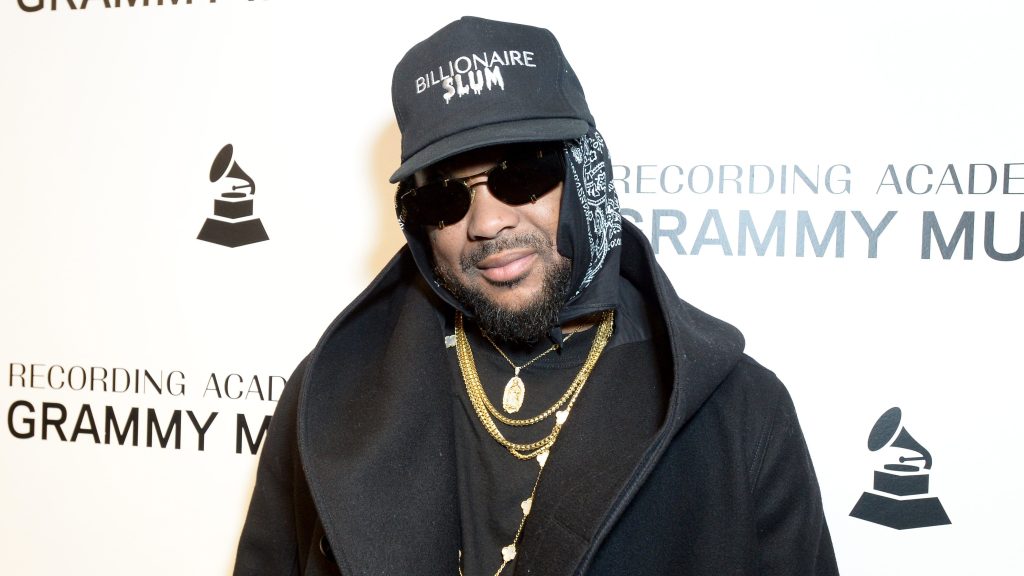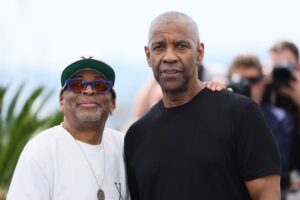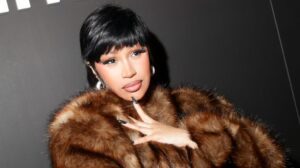The-Dream Calls Rape And Sex Trafficking Allegations “Untrue And Defamatory”

Warning: The article contains details of sexual assault.
The-Dream has been accused of rape, sex trafficking, and sexual battery in a new lawsuit, but the famed songwriter-producer says the claims are “untrue and defamatory.”
In a statement shared with The New York Times, the “Falsetto” singer said, “I oppose all forms of harassment and have always strived to help people realize their career goals. As someone committed to making a positive impact on my fellow artists and the world at large, I am deeply offended and saddened by these accusations.”
The initial lawsuit was filed by Chanaaz Mangroe on Tuesday (June 4) under California’s Sexual Abuse and Cover-Up Accountability Act — which allows sexual assault cases to be filed after the expired statute of limitations. Mangroe alleges that she was forced to have sex with The-Dream on numerous occasions. She is an artist under the moniker Channii Monroe, and claims she first met The-Dream in early 2015. He reportedly promised her “Beyoncé/Rihanna-level stardom,” but their relationship became abusive.
Not only did he allegedly force her to have sex, but protection wasn’t used and the sexual assault in question was recorded on camera. He also threatened to share the footage with others.
“What Dream did to me made it impossible to live the life I envisioned for myself and pursue my goals as a singer and songwriter,” said Mangroe in a statement. “Ultimately, my silence has become too painful, and I realized that I need to tell my story to heal. I hope that doing so will also help others and prevent future horrific abuse.”
The lawyers representing Mangroe worked with Cassie on her now-settled lawsuit against Diddy and a separate lawsuit from another Diddy accuser.
This isn’t the first Dream has been accused of assault. In 2015, his ex Lydia Nam brought charges up against him, but they were ultimately dismissed by prosecutors who said the allegations could not be proven “beyond a reasonable doubt.”





